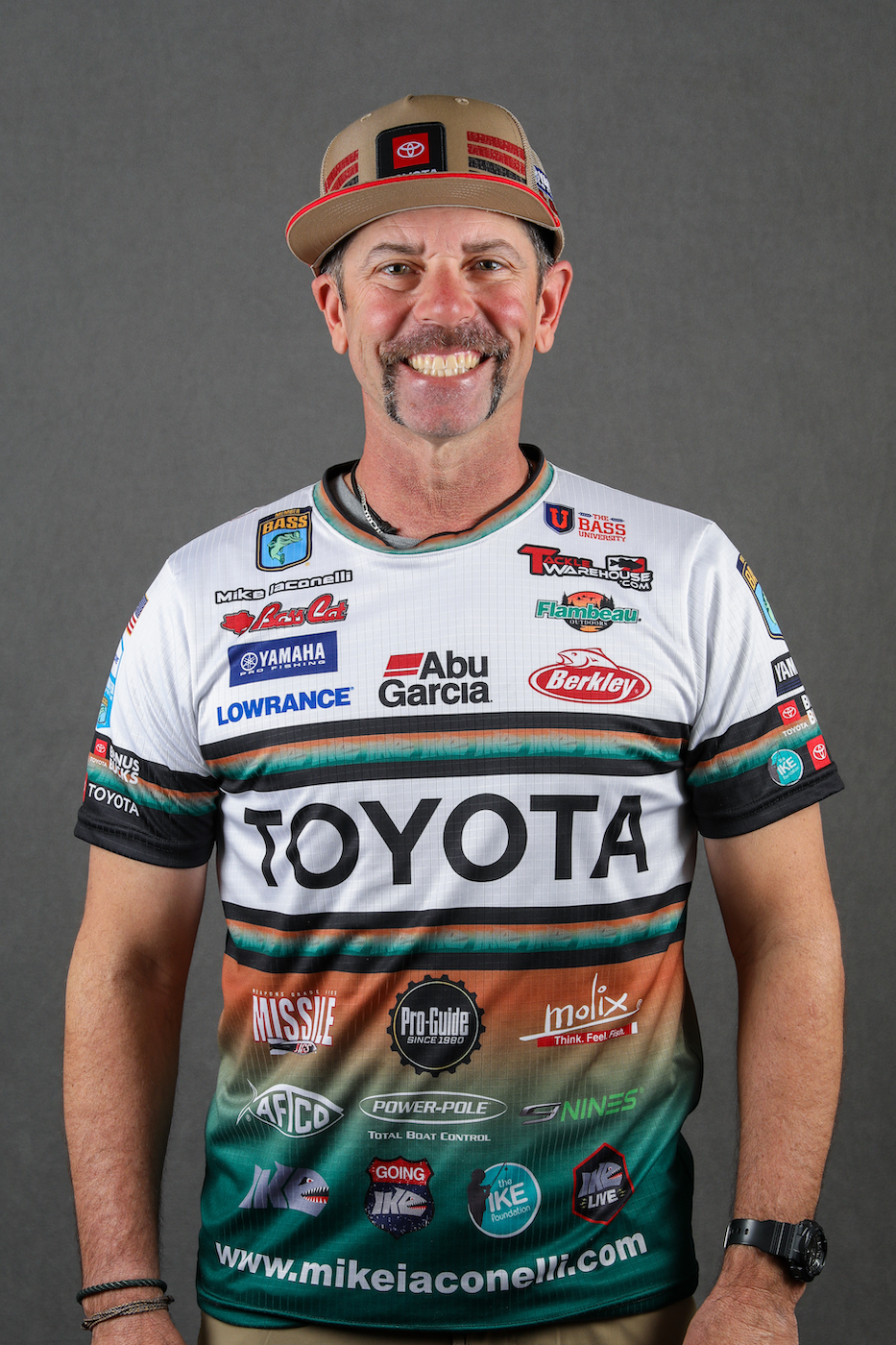The Oneida Lake event was an interesting one for a couple of reasons. First, my practice was weird. Second, the way it turned out made a huge difference in my career. Let’s look at both things more closely.
I’ve fished Oneida for almost 20 years. I’ve never seen it fish as tough as it did in practice this year. I was caught off-guard. Finally, however, I managed to put two patterns together that made me feel pretty good about my chances. One was a smallmouth pattern and the other was a largemouth pattern.
The smallmouth pattern consisted of finding spots where they were schooling. That involved some thinking. Schooling smallmouth don’t care about anything other than forage. Water depth, structure, cover or weather means nothing to them. It’s all about their food. And on Oneida that’s changed over the years.
When I first started fishing there in the middle 1990s, the forage was mostly crayfish. Then it changed to yellow perch and crayfish together, and now it’s mostly shad. To find the right spots, I had to think about where the shad were and what they were doing. The smallmouth almost didn’t count. I knew that when the shad moved in the smallmouth would follow them.
The largemouth pattern I developed was really strange. The water was way down and the bank was suffering an obscene amount of pressure. I turned my back to it and fished the vegetation out in 6 to 10 feet of water.
The kind of vegetation didn’t matter. It was the water depth out, off the bank that was holding them. That’s unusual. Most of the time when I pattern largemouth bass in vegetation it’s the kind of vegetation that matters the most. But this time as long as it was growing in the water the largemouth were relating to it. They could have cared less what it was.
Heck, I even caught some fish in river grass. (I don’t know the real name for the stuff. It’s brown and stringy. If anyone knows its real name, post it and then we’ll all know.) Anyway, this was the only time I can ever remember catching a fish out of it.
The lessons here are to pay attention to the details. Know your forage and what the fish are really doing. That’s the only way you’ll be successful over a long period of time. Don’t assume that just because things have been a certain way in the past they’ll always be that way. In fact, assume just the opposite.
On Oneida, I knew that the smallmouth forage had changed. That was critical. I also figured out that the largemouth weren’t relating to a specific type of grass like they usually do. That was critical.
The other thing is to never give up. I had a great first day, an OK second day, and I only caught two small fish the third day. But here’s the thing — those two small fish on the last day gave me just enough points to qualify for the 2013 Bassmaster Classic. Without them, a mediocre season would have been a disastrous season.
Mike Iaconelli’s column appears weekly on Bassmaster.com. You can also find him on Facebook and Twitter.





